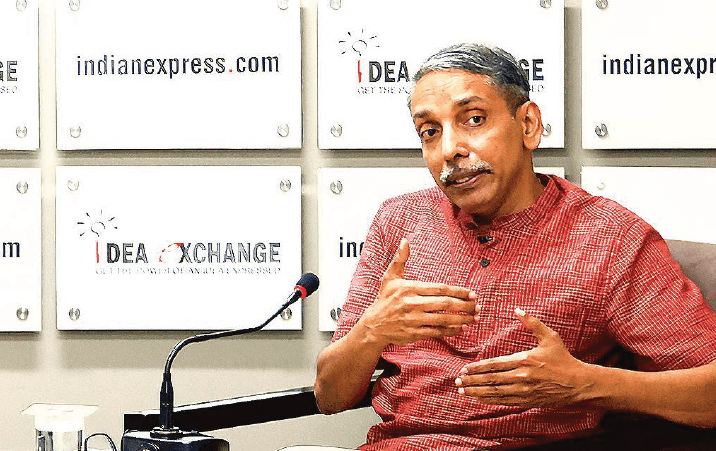The University Grants Commission (UGC) has formed a five-member committee to prepare regulations to allow foreign higher education institutes, placed among the top 500 globally, to set up campuses in India, particularly in areas of science and technology.
The committee’s formation is the first step in preparing the ground for opening up the higher education sector to foreign universities, a key proposal in the National Educational Policy (NEP) to “internationalise” the higher education sector.
But the attempt to allow foreign education providers to start operations in India predates NEP.
The matter had reached an advanced stage under the UPA-II, with the government introducing the Foreign Education Institutions Bill in Parliament in 2010. The Bill lapsed in 2014 when BJP-led NDA came to power.
While in Opposition, BJP, along with the Left and Samajwadi Party, had opposed the Bill, questioning the degree of autonomy it sought to give to foreign institutions setting up campuses in India. In 2015, the Narendra Modi government advised the HRD Ministry to consult with Niti Aayog, which was in favour of allowing foreign universities.
The UGC is leading the latest attempt to revive the proposal. UGC chairperson Prof M Jagadesh Kumar told The Sunday Express that the committee, set up on April 11, is expected to submit its report by April end. “The committee’s mandate is to frame draft regulations so that foreign universities can start functioning in India in tune with the NEP. It was given three weeks to prepare its report,” Kumar said.
Without giving out names of committee members, Kumar said it is being headed by a “top academic with a legal background”. The other members have also reputed academics, including IITs.
Besides drafting a legal framework, Kumar said, the committee will attempt to frame broad outlines of institutional structures required to invite foreign universities to start operations in India. But he made it clear that the major thrust will be on research.
“The idea is to create an ecosystem to enable global educational institutions to set up campuses in India, particularly in emerging areas including Artificial Intelligence (AI), data sciences,” he said. “Attempts will be made to attract institutions in areas of science and technology. We would like them to grow into research institutes; it will help students in India to access a world-class education.”
The UGC believes that if its efforts strike success, top educational institutions here will benefit through collaborations with their foreign counterparts. Earlier this week, the Commission had issued amended regulations to promote tie-ups between domestic and international institutes for offering dual-degrees, joint degrees and twinning programmes.
Kumar said that initially institutes among top 500 in various global rankings, such as the ones issued by Times Higher Education or Quacquarelli Symonds(QS), are likely to be approached once the regulations are in place. He said the existing UGC Act need not be amended to allow such an arrangement in the future. “We have studied the UGC Act and felt that no amendment is required. Regulations are needed, which the five-member committee is drafting,” Kumar said.
In March, the government had informed Lok Sabha that two foreign higher education institutes, including Milan-based institute of fashion and design Istituto Marangoni and another based out of France, are interested in setting up campuses in India.
According to NEP 2020, selected universities, “those from among the top 100 universities in the world, will be facilitated to operate in India”. “A legislative framework facilitating such entry will be put in place, and such universities will be given special dispensation regarding regulatory, governance, and content norms on par with other autonomous institutions of India,” it adds.
The NEP also floats the idea that high-performing Indian universities be encouraged to set up campuses in other countries. In this regard, the Centre had in December formed a 17-member committee to allow “overseas campuses” of Indian universities. The panel is yet to submit its report
IIT-Delhi has expressed interest and even submitted proposals to the Ministry of Education requesting that it be allowed to set up campuses in Saudi Arabia and Egypt. Last year, the government had informed Rajya Sabha that there are 11.33 lakh Indian students studying abroad. This includes 2.1 lakh in the US, 2.15 lakh in Canada and 55,000 in the UK.
Courtesy : The Indian Express








